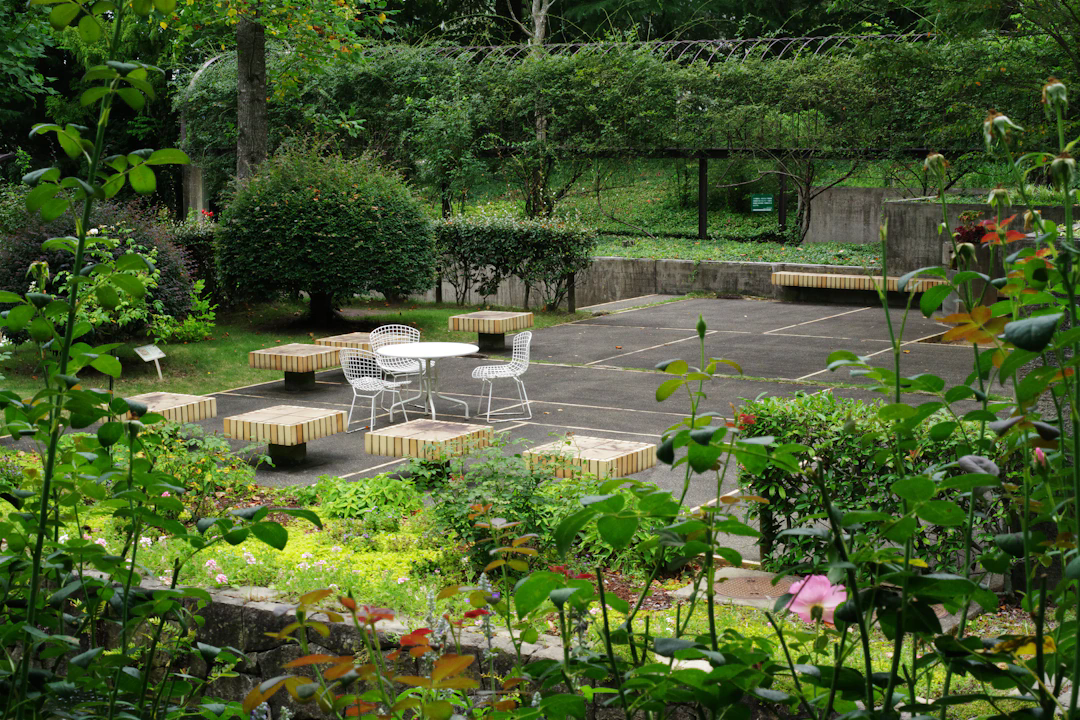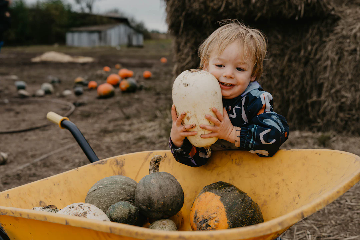Revitalizing a garden is about far more than arranging plants—it's an expression of personal style, lifestyle, and a commitment to sustainability. After exploring European gardens, particularly the German Schrebergarten tradition, I've been inspired to bring some fresh approaches to our Pacific Northwest landscapes here in Seattle. Whether you’re working with a tiny balcony or a lush backyard, integrating these concepts can transform your outdoor space into a true retreat.
One standout concept from Germany is the communal urban garden. Allotment plots, often on the outskirts of cities, combine productivity with community joy. These spaces aren't just for growing food—they’re playful, social, and beautiful. Imagine your garden not just as a place to work, but as a destination: complete with areas for children to play, nooks for outdoor eating, and design choices that stimulate connection to neighbors and nature alike.
Cultivating a diverse, edible landscape is another European hallmark. German gardens mix fruit trees (think apples and cherries), berry bushes, herbs, and a rainbow of flowers in surprisingly compact spaces. The variety is not only beautiful but practical, encouraging year-round, local eating and supporting pollinators. Seattle’s unique climate makes it possible to cultivate everything from blueberries to figs—so don’t be afraid to mix things up in your own plot.
Creative Solutions for Every Space
Urban or small-space gardeners, take heart: vertical gardening and raised beds offer flexible solutions. Green walls and trellises provide privacy, maximize plantable areas, and create visual drama without demanding much square footage. For those nurturing a rooftop or patio garden, container gardening lets you experiment with color, texture, and even edible crops—just be sure to choose weather-resistant containers and ensure good drainage.
Sustainable gardening starts with the soil, and composting directly within your garden is as easy as it is effective. Drawing from European trends, consider simple compost bins or vermicomposters tucked neatly among your beds or even compost pits for direct enrichment. Seattle’s mild winters mean composting is feasible year-round, turning kitchen scraps into next season’s bounty while reducing waste.
To make your space a haven for relaxation, borrow cues from Mediterranean and Zen landscapes. Install a small water feature or trickling fountain to bring calming sounds and attract birds. Layer in cozy, weatherproof furniture and string lights or lanterns for evenings outdoors. These touches invite you to linger in the garden long after the sun sets.
Design with Nature and Community in Mind
Modern gardens excel when they invite both biodiversity and human connection. Companion planting (mixing flowers and veggies) draws beneficial insects, while pollinator-friendly selections like lavender, echinacea, and native grasses are tailored to the Seattle region. Don’t overlook the emotional comfort of a cutting garden—one corner of flowers to bring indoors, share with neighbors, or brighten a local community center.
Pathways, raised beds, and thoughtfully placed focal points add structure and invite exploration. Consider using reclaimed materials or permeable pavers to increase sustainability and reduce runoff. Even a modest backyard can benefit from clear lines of movement, cozy seating areas, and the framing of favorite views or plant specimens.
Intentional Lighting and All-Season Enjoyment
Lighting truly extends your garden’s usability. LED path lamps, spotlights for specimen trees, and clusters of solar lanterns let you enjoy summer evenings and make winter’s darkness less daunting. Thoughtful placement fosters safety and ambiance, ensuring garden enjoyment stretches through every Seattle season.
Ultimately, your garden should evolve with your interests and family needs. Try new plant combinations, invite friends to picnic under your cherry tree, or experiment with culinary herbs and edible flowers. Gardening is a journey—one that connects us to our heritage, our community, and the cycles of the natural world.
References:
[1] Garden Design, “30+ Garden Ideas - Inspirational Gardening Ideas”
[2] Mom It Forward, “5 Inspiring Ideas from German Urban Gardens”
[3] Amazing Architecture, “Transform Your Outdoor Space: Inspiring Garden Renovation Ideas”
Read More

Camila Ward
Author
Raised in a bustling suburb of Atlanta, Camila Ward grew up fascinated by machinery and how things work. She attended Georgia Tech and became a mechanical engineer, quickly making a name for herself through innovative eco-friendly design projects.
After a decade in R&D for a major tech firm, Camila took a leap and opened her own consultancy. She now specializes in sustainable solutions for urban environments, balancing her technical expertise with a commitment to social responsibility.


